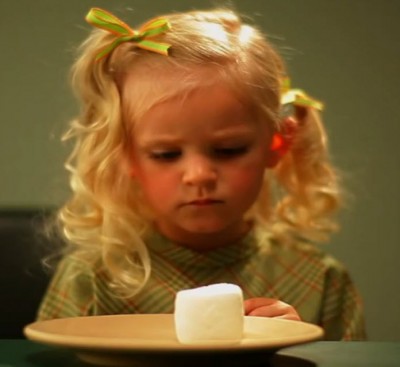This poem, called Tomorrow’s Child, was read by Ray Anderson in his Ted Talk on the business logic of sustainability. After presenting his idea to make his company rely on renewable resources and a goal to achieve a zero carbon footprint in a company that relies heavily on petrol, he read this poem from one of his California employees, Glenn Thomas. Here is that person most at risk from our mindless consumption…
Tomorrow’s Child
Without a name; an unseen face
and knowing not your time nor place
Tomorrow’s Child, though yet unborn,
I met you first last Tuesday morn.A wise friend introduced us two,
and through his sobering point of view
I saw a day that you would see;
a day for you, but not for meKnowing you has changed my thinking,
for I never had an inkling
That perhaps the things I do
might someday, somehow, threaten youTomorrow’s Child, my daughter-son
I’m afraid I’ve just begun
To think of you and of your good,
Though always having known I should.Begin I will to weigh the cost
of what I squander; what is lost
If ever I forget that you
will someday come to live here too.© Glenn Thomas
What makes this so interesting to me is that Zen Master Thich Nhat Hanh has always included children in his retreats and dharma talks. This was especially meaningful to me because when my children were little, I would read to them from his book, Old Path White Clouds: Walking in the Footsteps of the Buddha. I’d open to a random page and start reading one of Thay’s lovely stories from the time of the Buddha.
What are we going to do for all of tomorrow’s children? Will we sit by and watch the industrial giants lay waste to the earth or will we take action to reduce consumption and thereby increase happiness? The choice is ours and hopefully, we’ll make the right one.
Books by Thich Nhat Hanh
 |
Old Path White Clouds: Walking in the Footsteps of the Buddhaby Drawn from original sources, Old Path White Clouds is the beautiful classic recounting of the life and teachings of Gautama Buddha over the course of eighty years. It is retold alternately through the eyes of Svasti, the buffalo boy who provided kusa grass for the Buddha’s enlightenment … [Read More…]
|














You must be logged in to post a comment.